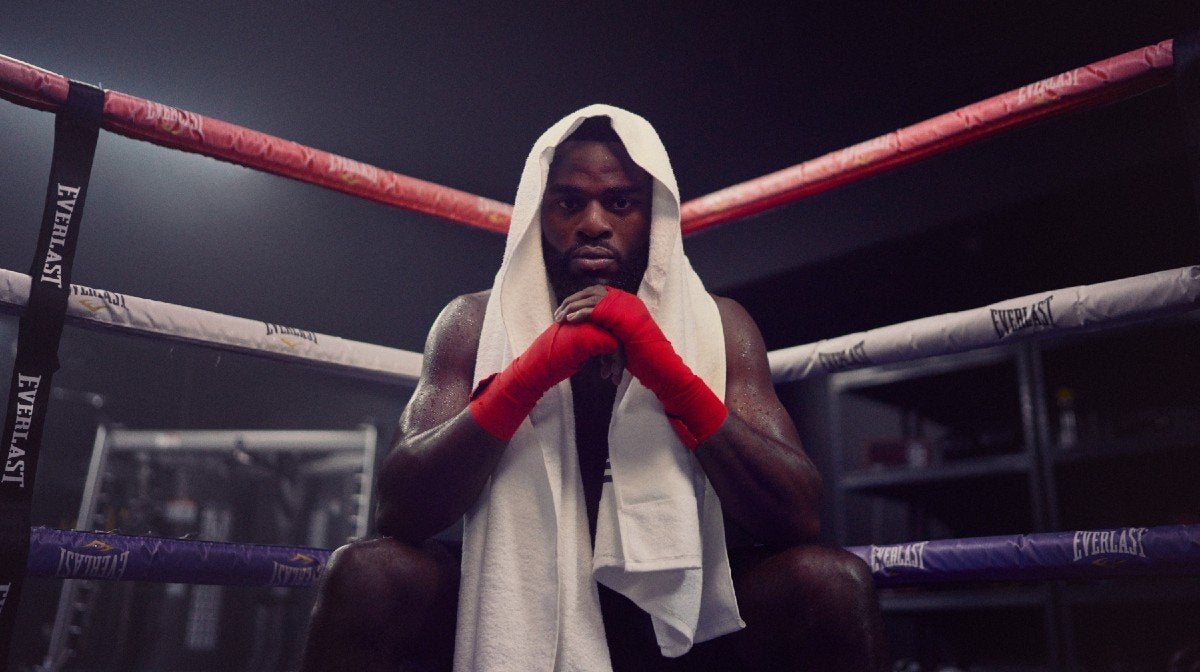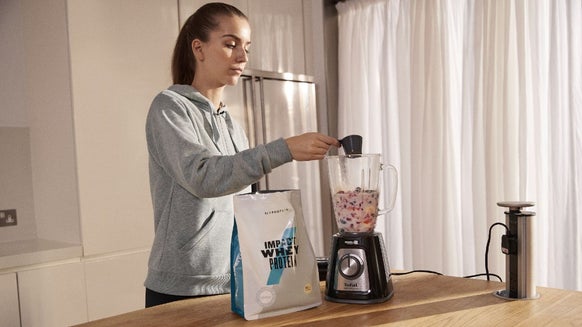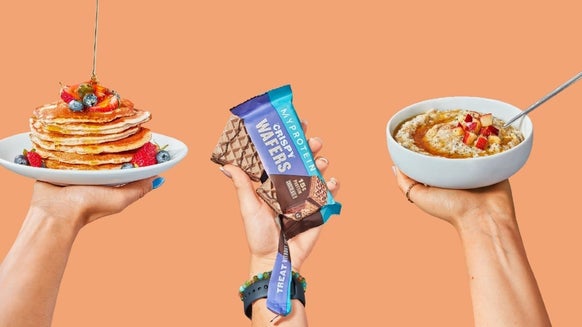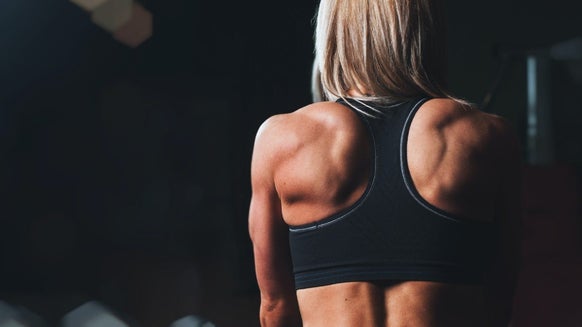Joshua Buatsi Talks Racism & Representation In Sport

Sport is something that is universally enjoyed and is participated in by people from all walks of life., but who really holds the power in this international industry?
Frequently, black and minority ethnic (BAME) people are underrepresented in roles of power, including in sport. Joshua Buatsi, an Olympic medallist and boxing champion agreed to talk to us about this issue, and what it’s really like to be a black athlete in this industry.
Now more than ever it’s important that we’re using our platform to ensure that these stories and experiences are heard, so watch the video below to find out more from the man himself.
Is racism a problem in the boxing community?
While a win or a loss can be pretty clear cut when it comes to boxing, or many other sports, it’s the other opportunities that Joshua feels he could miss out on because of the colour of his skin.
“I feel that there could be opportunities that I myself as the athlete or the boxer that I wouldn’t be aware of that I may be limited to because of the colour of my skin.”
Joshua himself has also noticed that although you get black competitors, there seems to be a lack of BAME people in positions of power.
“Behind these big organisations, is there a black person behind it in a good managerial position? The answer is no.”
As a competitor, he likes to think that games are scored fairly, when an outcome is less clear.
“If you look at it as actually two men getting in the ring for a fight, you like to think that these fights are scored fairly and evenly but that’s to be questioned as well.”
How should a movement for change be supported by sports?
With sports being an internationally enjoyed pastime, it’s no surprise that Joshua is very aware of the impact it can have.
“With the amount of audience and the masses that sport touches... I think that sport is already a great influence.”
“When we watch sports, many of these sports are black-dominated sports and so the amount of funds that these athletes are generating for these organisations or teams, it makes you think why is the colour of their skin important?”
With this in mind, Joshua believes that this money generated should be used to give opportunities, not only to athletes, but to support black people to reach those higher-powered roles in the industry.
“A way that sports can contribute, I think, is that there are organisations that work with young black people that don’t have the opportunities, not just black kids, but all people who are underrepresented. There are contributions that can be given towards them and these courses that will help to give opportunities or to educate.”
From internships to experience, Joshua believes that there’s lots that can be done to help people of colour find opportunity in all aspects of the sporting industry. He also believes that important steps need to be taken for those already working in the industry too.
“We can also talk about the gap in pay — are black people paid the same as white people? That’s also another question. There’s quite a lot of things to be considered.”
Why should sports play such a huge role in making social change?
This may seem obvious to some, but for others sport is seen as a neutral entity when it comes to politics and society. What's often forgotten is that sports involve people who have opinions and experiences like everyone else. Sports infiltrate everyone’s lives around the world and have the power to influence and inspire — Joshua feels this power and believes it can be harnessed to enact that social change needed.
“I see sports playing a massive, massive role in this — as I say, sports is like a worldwide language, everyone understands sports. We all watch sports, we all participate in it, or have an involvement in it in some way or form.”
To help move this forward, he feels that athletes should be able to act like other humans do in being able to speak out against what they believe to be wrong without backlash.
“Athletes should be able to voice their opinions and things. We’re not saying that we’re all politicians, we’re not saying anything like that, but just as every human has an opinion, we also have one.”
“Just because you play a certain sport, doesn’t mean that you lack understanding about topics within society. Athletes fearing a backlash from the media or from the people — that should be removed.”
How can we keep the momentum going?
Joshua is keen to share that it doesn’t have to be difficult — the most important thing is to keep it at the top of the agenda and keep talking about it.
“The way to keep the momentum going is quite simple. It’s simply to keep raising awareness, keep reminding people, keep putting it out there. To speak about it and to have courses — just have things in place that will constantly be tackling this issue.”
He also knows this has to be an integral part of businesses to see change and that businesses should have a zero-tolerance policy that’s clear when it comes to racism.
“People like to set up departments for this and that in business — have a department for racism. It should not be tolerated in the working environment or in any kind of environment.”
How can sport the sports industry bring awareness to this issue?
What is defined as racism? This can differ from person to person if they haven’t been educated on it. Joshua believes that by clearly defining racism in all its forms and keeping it at the front of people’s thought and actions is how the sport industry should tackle racism.
“Make it known the various forms that it comes in. Whether it’s structurally, whether it’s institutional, whether it’s interpersonal. There’s various ways that it comes in whether it’s sly or whether it’s obvious.”
“Having a clear definition of what racism is and making everyone aware of it and putting it in the front of everyone’s mind rather that something that’s not even considered or thought about. I think putting a real push or emphasis on it is a way how the sports industry can help to attack it.”
It’s also about giving black people and people of colour the opportunities to make a difference within an industry. This representation within fitness and sports businesses is important for inciting change and awareness.
“You want to see a black person in a position where they can have an influence on the company. You don't want to just see it as they’ve got black people in front of it, so from the outside you’re like “ah okay, they look like a fair company that accepts all races” but when you look to the people who are behind it you find out that there’s not a single coloured man involved in it.”
Take home message
There’s a lot that needs changing when it comes to racial equality, both in the sporting industry and the rest of the world.
We hope that by using our platform to promote underrepresented voices, we can all learn something important about each other and being kind and supportive to those around us, as well as incite change for a fairer world.

Evangeline has taken part in competitive sports since a young age. As a qualified RYA Dinghy Instructor, she understands the importance of proper nutrition for fuelling extreme and endurance sports, especially due to her experience in Team GBR Squads and captaining and coaching her University first team.
In her spare time, Evangeline loves running – especially marathons. On the weekends, you’ll find her taking on water sports or hiking up a hill. Her favourite evenings are spent taking on a HIIT session or squats in the gym before digging into some spicy food and a ton of vegetables – yum!
Find out more about Evie's experience here.



